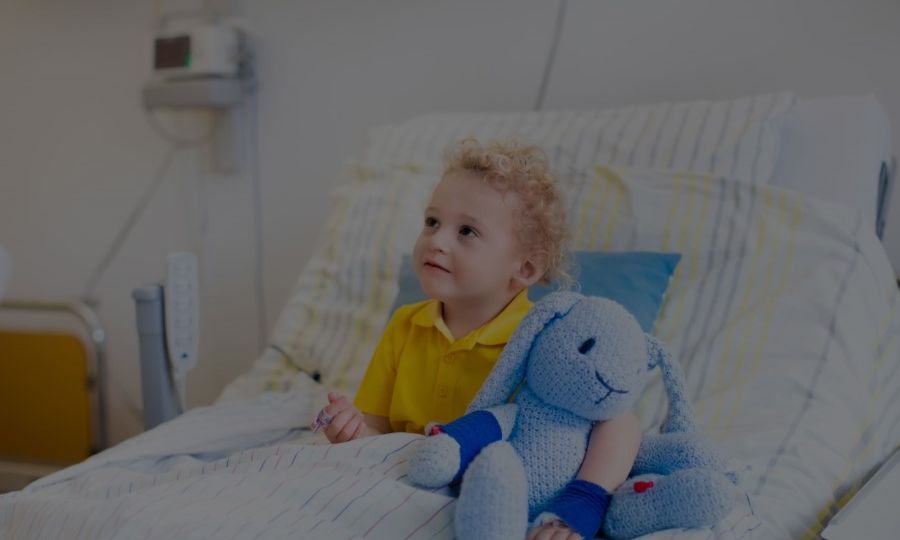
You worry about your kids every day. When a doctor tells you your child will need to be put under general anesthesia in order to perform a necessary procedure, you worry even more. How will you explain it and how will your kid respond? You don’t want to show your worry—you don’t want your child to pick up on it—but you don’t really know what to expect yourself.
The good news is when your child must be put under general anesthesia for dental work, you will be working with pediatric specialists who are knowledgeable and experienced in general anesthesia for kids. But you’re right to want to know what to expect. Helping your child prepare in advance will go a long way to a smooth procedure that will leave your child’s smile bright and healthy.
Here is what you should know about general anesthesia for your kids.
Why Use General Anesthesia?
The goal of general anesthesia is to make a person unconscious and keep him or her that way throughout a procedure. This is so the patient has no awareness or recollection of this procedure. The anesthesiologist will be present before, during, and after the procedure to ensure the anesthetic medications are doing their job properly. Today’s techniques are very safe, and advancements in technology have made the process straightforward and reliable.
General anesthesia does a number of things on top of making a person unconscious. It relieves anxiety, minimizes pain, relaxes muscles (to keep the patient still), and helps block out the memory of the procedure itself, which are all good things when it’s your child in the chair.
Will My Child Get a Needle?
One of the main concerns for kids that need to go under anesthesia is the fear of getting a needle. Being asleep is nothing new to them—but getting poked with a needle beforehand can be terrifying. The good news is anesthesia is administered in a variety of ways, only one of which involves a needle.
It can also be given through a breathing mask. In cases where a needle is necessary, it can often be administered after an early version of anesthesia, like a breathing mask, has already put them to sleep.
What Should I Tell My Child?
Depending on the age of your child, they may have different fears about what to expect during the procedure. For some, it’s being separated from you; for others, it may be about waking up during the procedure, loss of control, or pain.
Regardless of what is unsettling to your child, your job is to ease anxiety and let them know that everything is going to be okay. Tell them you will be nearby the entire time; tell them you’ll be in the nearby waiting room as they go under and will be waiting for them in the recovery room when they wake up. In some cases, it is possible to sit with your kid as the anesthesia takes effect, meaning while awake, you’re always at your child’s side.
Answer any and all questions your child has with age-appropriate information. That doesn’t mean lying to younger kids but ensuring you give them what they’re able to handle based on their developmental stage. Speaking to the specialist ahead of time can let you know exactly what will happen, so you can decide what your kid needs to know. For example, IVs and breathing tubes are often placed after a child is asleep, so they have no knowledge it even happened.
In general, you want to stay calm, avoid frightening language, answer your child’s questions, and let them know where you’ll be the entire time. Kids are remarkably resilient, especially when they have a parent backing them up.
What Should I Expect after General Anesthesia?
Most of the time, when your child wakes up and the anesthesia effect wears off, your child will be confused and overwhelmed. Children react in many different ways: some kids will continue to be sleepy and will barely interact with you. Some will be crying. Some will be talking without knowing what they’re saying.
Your role at this stage is to take instructions very well: Watch your child all the time and keep in mind this is a very short effect and usually wears off quite fast.




